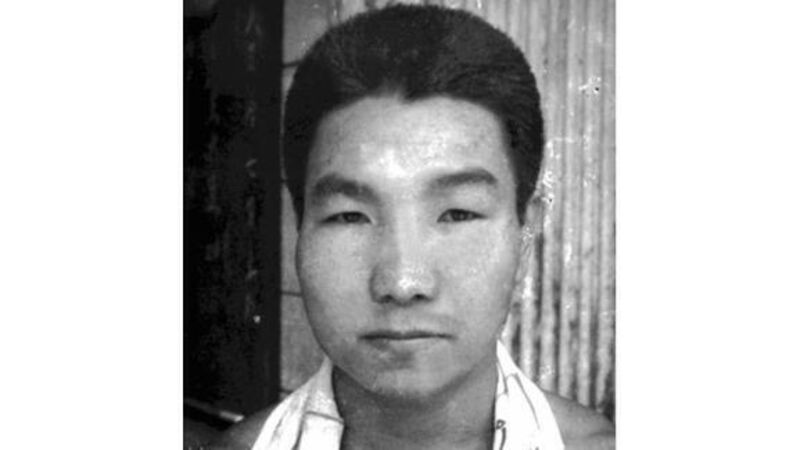Japan releases longest-serving death row inmate

Shizuoka District Court in central Japan ordered a fresh trial for Iwao Hakamada, 78, over the grisly 1966 murder of his boss and the man’s family.
Presiding judge Hiroaki Murayama said he was concerned that investigators could have planted evidence to win a conviction as they sought to bring closure to a crime that had shocked the country.














